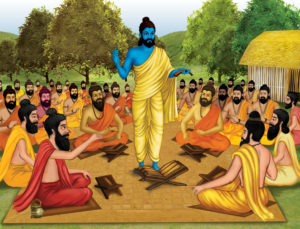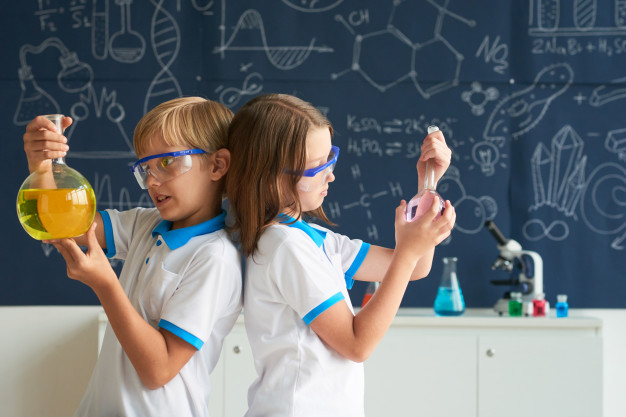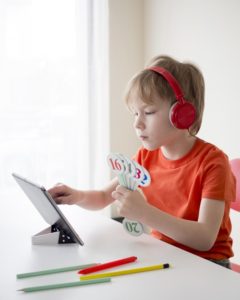“Knowledge results from the combination of grasping experience and transforming it.” Professor David. A. Kolb. The great professor is of the opinion that mastering a skill is a continuous process of experience, reflection, conceptualization, and experimentation. He believes by implementing the experiential learning cycle; we can enjoy our successes and learn from our failures.
Experiential learning is not new in India and has been around since ancient times as the gurukul system where students engaged in different activities to learn academic topics. However, over the years, the Indian education system has not carried out the same ideals. On the contrary, it has mastered the rigid process of examinations with little variation. We need to move towards teaching pedagogy based on experiential learningand conduct science projects for students, which will give them access to education by bringing the outside world into the classroom.
With coronavirus breaking our perception of “normal,” the unforeseen pandemic brings the potential to remodel the Indian education system towards modernization. Given the period we have spent in lockdown, education efforts plunged into the territory of online learning. Learning in schools are shifting from information-focused education to experiential learning with a greater reliance on technology.
Elements once considered constitutional are changing towards accommodating career and life skills for the future, such as emotional intelligence, creativity, communication, and collaboration, with technology being the key to holding it all together. With this, education is becoming more accessible and flexible. More importantly, nowadays, school children are Generation Z, a generation heavily dependent on technology and majorly impacted by the pandemic. To further empower these children, education systems post-COVID must slowly move towards digital education.
In the face of a crippling pandemic, sitting at home, staring in front of a computer screen, and reading notes is not the best possible way to wake up our brain cells. Hands-on learning and cool home experiments cut out the monotony of being locked inside and give students a medium to brush up on their creative skills and keep their minds active. Experiential learning will be advantageous as attending in-person classes is not possible. Teachers will guide students from time to time, but students will be the ones performing the practical experiments to gain academic knowledge.
In addition, rigid question-answer examinations are not always the best way to evaluate each student. As each individual displays different academic strengths, tests should be decentralized, and educational institutions and teachers should frame syllabi based on their own experiences and teaching styles. In the time of a global pandemic, a centralized education system will not be fruitful to every student.


